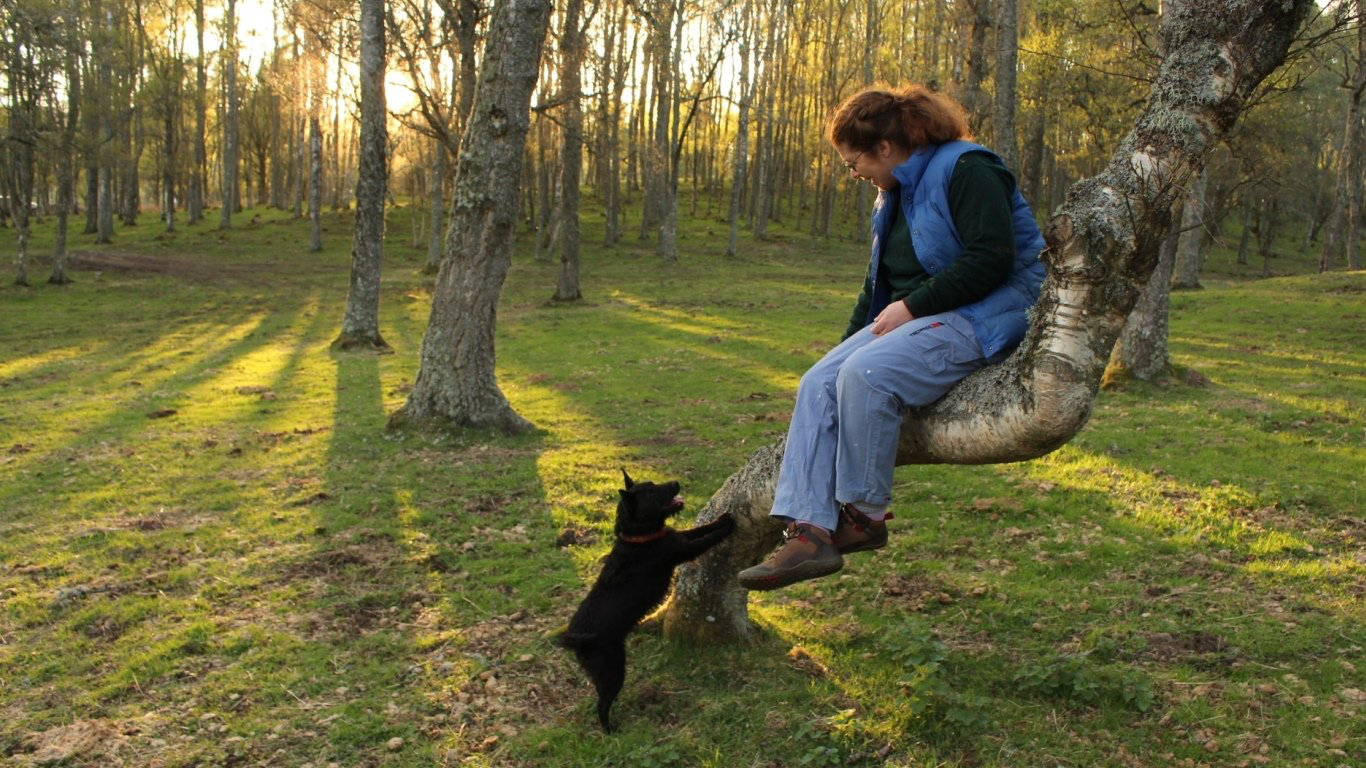I look for you - Understanding grief and loss through therapy
Grief is one of the most universal yet deeply individual experiences we go through. Whether it’s the death of a loved one, a beloved pet or the quiet end of a meaningful chapter in life, loss changes us.
If you are reading this and feeling the weight of loss, you’re not alone. As a counsellor offering grief support, I work alongside people as they navigate the unfamiliar and painful journey of bereavement. My role is not to tell you how to grieve, but to offer compassion, tools, companionship and a safe space to reflect as you adapt to life after loss.
Understanding grief: A personal journey
Grief is never in a straight line. It may feel all-consuming one day, then quieter the next, only to return again unexpectedly. I witness how clients describe this emotional whirlwind, often using images, metaphors, or creative expressions to try and capture what words cannot always hold.
“I feel like it was all encompassing for the first while, like my body was on a bungee cord jumping off a bridge. Gradually the drops and the rises have been less and less far apart, and now I have enough stability in the cord to feel it is short, and has most of its stretch back. I can turn myself the right way up and look out over the landscape and the river below.”
This quote, from a personal grief journal, reflects the disorientation and then slow return to steadiness that many people encounter. It’s in this space that bereavement counselling can be most helpful - offering a grounded, compassionate place to process loss and begin to heal.
The four tasks of grief
While no two people grieve the same way, many therapists and researchers have found that most people, over time, move through a few common stages or tasks. These are sometimes used in bereavement therapy as gentle guides:
1. Accept the reality of the loss
This first step can take time. The mind often protects us from the shock by creating a sense of disbelief. A part of us might still expect the person to walk through the door, send a message, or call. In grief therapy, we begin gently accepting the finality - on both an emotional and practical level.
2. Process the pain of grief
Grief is not just sadness - it’s exhaustion, confusion, anger, guilt and more. There’s no shortcut through this part. These feelings can come in waves, often when least expected. It’s normal. Bereavement therapy provides a safe space to express these emotions without judgment.
“I felt like my body was on a bungee cord - freefalling, bouncing, unsure of which way was up. But now the drops and rises are further apart. I’m more grounded. I can feel the bridge again beneath my feet.” - From a grief journal
3. Adjust to a world without them
This is where grief becomes intertwined with everyday life. You may find yourself automatically setting the table for two, or reaching for your phone to call them. Counselling can help you navigate this adjustment - emotionally, practically and socially. Some clients explore how roles have changed, how identity feels different, or how to manage loneliness. For many, work stress or caring responsibilities layer additional strain on this task.
4. Find an enduring connection while moving forward
Grief doesn’t mean forgetting. In fact, one of the most healing aspects of grief therapy is exploring how to carry your relationship with the person in a new form. For me, grief poetry became a powerful way to process my own loss...
Expressing grief through poetry
Personally, I found that poetry helped me to express my deep pain after losing my father and symbolically mark the transformation of my love into a more enduring emotional connection two years after his death.
Below is one of the poems I wrote during that time. Many clients tell me that poems like this resonate with their own experiences of bereavement:
I look for you - by Anni Stonebridge
I look for you
in the speckled water
Where the broken light shows me
the way to break the surface
and swim
down.
To roll the smooth pebbles under my palm
As I hold my breath
in
my
heart.
And look for you
darting through the silver-pink scaled
green wave edged
reed shadows.
Why consider bereavement counselling?
Sometimes it’s not the sadness that brings people to therapy, but because they feel stuck, disconnected, or unsure how to cope. You might be:
Experiencing anticipatory grief as someone nears the end of life
Struggling with loss that occurred years ago but still feels unresolved
Trying to balance grief with work, parenting, or caring responsibilities
Grief counselling offers a safe space to reflect, feel and process what you're going through. It's not about "getting over it" - it's about living with grief in a way that honours both your pain and your love.
The important role of routine and expression in grief
Routines, creative practices like journaling and even walking in nature can help create containers for grief. In my practice, I offer walk and talk therapy, creative approaches, or mindfulness tools - depending on what feels most supportive.
“I was reassured when my dad died that I had a strong routine – even if it just meant getting up, dressed, and washed each day. It wasn’t a distraction from the grief, but it kept the wheels on the bus.” - quote from grief journal
Practical challenges after loss
Grieving can be delayed by the sheer number of practical tasks after someone dies. Whether it’s sorting through belongings or handling legal and financial responsibilities, the pace of modern life rarely makes space for mourning.
“That week was a blur. My brother, husband and I worked together in the house our father built - without either of our parents there. It felt like the skeleton of a novel.”
Therapy can offer a pause - a space to slow down and process what's happening and give grief the attention it deserves.
Pet loss counselling
Another area I support clients with is pet loss counselling. The loss of an animal companion can be just as devastating as losing a person. Yet many people feel isolated or even ashamed of their grief, especially if others don’t validate it. Your grief is valid. If you are experiencing this kind of loss, we can work together to honour the bond you shared and support your healing.
Counselling in Aberdeen
You're not alone in this. Every person’s grief journey is different and there’s no one-size-fits-all approach. You might want space to cry. Or talk. Or sit in silence. You might want to start journalling or writing grief poems. There is no “right” way to mourn.
Whether your loss is fresh or years behind you, therapy can help you connect, process and make meaning in your own way.



